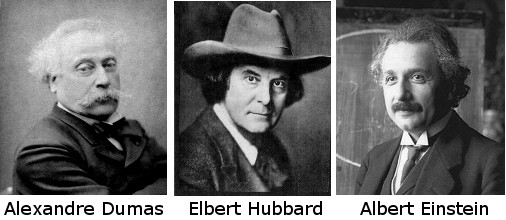Mark Twain? Oxford Student? Frenchman? Lewis Carroll? Schoolchild? G. K. Chesterton? Israel Zangwill? Charles Lamb? Benjamin Jowett? Aldous Huxley? Anonymous?
Question for Quote Investigator: Determining the accurate provenance of famous plays and poems can be a contentious topic. According to tradition the composer of the Iliad and Odyssey has been referred to as Homer, but some question this ascription and wonder whether there may have been more than one “Homer”. The authorship of the works ascribed to Shakespeare has also been challenged for many years. Candidates for the Bard’s secret identity have included Francis Bacon, Edward de Vere, and Christopher Marlowe. The fractious arguments about origins have inspired a family of jokes. Here are two examples:
The Homeric Poems were not written by Homer, but by another person of the same name.
The plays of Shakespeare were not written by Shakespeare but by another man of the same name.
These remarks have been connected to well-known humorists and literary figures, e.g., Mark Twain, G. K. Chesterton, Lewis Carroll, Israel Zangwill, and Aldous Huxley. Would you please explore the history of these expressions?
Reply from Quote Investigator: Because these jokes can be stated in many ways they are difficult to trace. The earliest strong match known to QI was published in “The Spectator” of London in 1860. A news item by an unnamed writer discussed the possible discovery of a new planet and then made a joke about Shakespearean authorship theories:1
This rivals the new discovery about Shakespeare,—that the well-known plays and poems were not by William Shakespeare, but by another person of the same name!
An analogous quip about Homer was published in a periodical in Oxford, England in 1874. Celebrated writers, such as Mark Twain and G. K. Chesterton, did employ versions of this joke, but they did not claim coinage. Details are given further below.
Here are additional selected citations in chronological order.
Continue reading “Quote Origin: The Plays of Shakespeare Were Not Written by Shakespeare but by Another Man of the Same Name”
